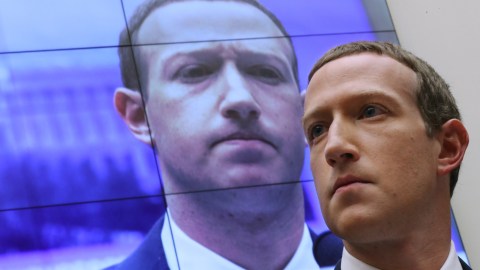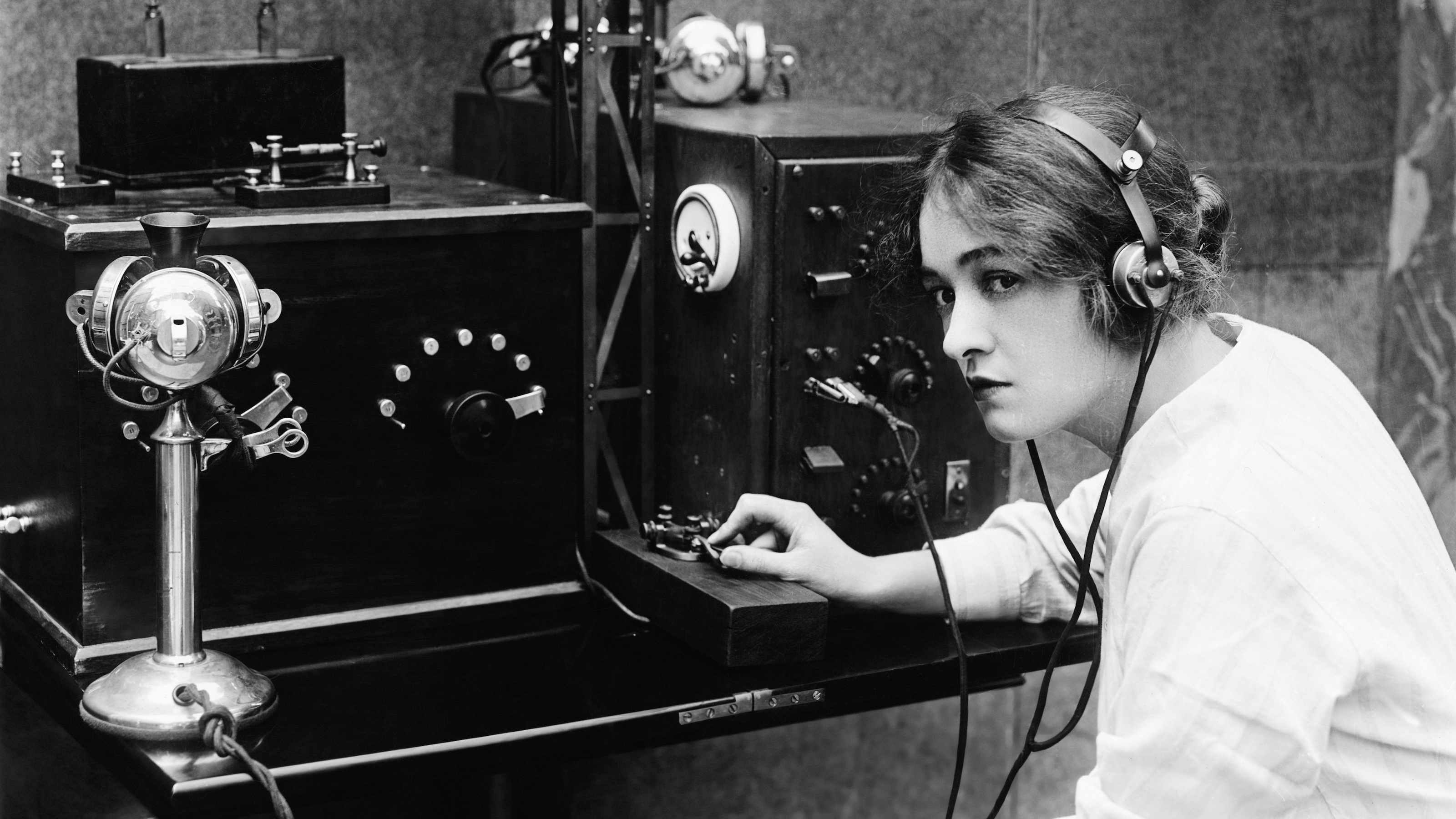Zuckerberg’s stance on political ads ‘weaponizes’ Facebook, say hundreds of employees

Image source: Chip Somodevilla / Getty
- In September, Facebook narrowed its policies to essentially allow political figures to publish false and misleading ads on the platform.
- More than 250 Facebook employees signed on to an internal company letter requesting that leadership ban false and misleading ads from political figures, among other requests.
- It’s unclear how Facebook would impartially police political ads, especially ones that are more misleading than false.
In an internal company letter aimed at leadership, more than 250 Facebook employees said the social media platform should take a more hands-on approach in policing false and misleading political advertisements.
The open dissent comes after Facebook recently updated its policies on “false and misleading” content. In September, a Facebook policy stated that “Ads, landing pages, and business practices must not contain deceptive, false, or misleading content, including deceptive claims, offers, or methods.”
But, as Popular Information reported in early October, Facebook recently narrowed its policy to prohibit “ads that include claims debunked by third-party fact checkers or, in certain circumstances, claims debunked by organizations with particular expertise.” Notably, ads from politicians and political parties are exempt from fact-checking. When the stakes are our national policies — how Americans live — can we afford to be reckless with the propagation of misinformation?
Hundreds of Facebook employees believe the social cost is simply too high:
“Free speech and paid speech are not the same thing,” the internal Facebook letter reads, according to a copy of it published byThe New York Times. “Misinformation affects us all. Our current policies on fact checking people in political office, or those running for office, are a threat to what FB stands for. We strongly object to this policy as it stands. It doesn’t protect voices, but instead allows politicians to weaponize our platform by targeting people who believe that content posted by political figures is trustworthy.”
The Trump re-election campaign’s misleading ad on Joe Biden
Facebook’s hands-off stance on political ads caused controversy earlier this month after President Donald Trump tweeted a misleading video accusing former Vice President Joe Biden of withholding aid money to Ukraine in 2016 unless state officials fired a prosecutor who was investigating the Ukrainian gas company that Hunter Biden worked for.
The Biden campaign asked Facebook to remove the ad, but the company refused.
“Our approach is grounded in Facebook’s fundamental belief in free expression, respect for the democratic process, and the belief that, in mature democracies with a free press, political speech is already arguably the most scrutinized speech there is,” Facebook’s head of global elections policy, Katie Harbath, wrote in a letter to the Biden campaign.
Can Facebook really ban “false and misleading” content?
Although some outlets took the liberty of saying Trump’s video about Biden contained “false claims,” it’s more accurate to say the video is misleading. By linking together a couple soundbites, the video implicitly suggests that Biden corruptly removed a Ukrainian prosecutor in order to protect his son. There’s no evidence to support this conspiracy theory. Still, as far as I can tell, the video doesn’t make false claims per se. Rather, it’s deliberately misleading.
This highlights, on the other side of things, how difficult it is for Facebook to police political content: Where’s the line between false and misleading? If Facebook does ban misleading content, how can it do so without constantly being accused of favoring one party while censoring the other? However, the company seems to already have a system in place to tackle such misinformation when it comes to non-political ads.
Nevertheless, in an interview on CNBC’s “Squawk Box,” media mogul Barry Diller defended Facebook’s hands-off approach to political ads. “How are you going to prove a lie, given most of these commercials in negative advertising are filled with exaggerations and things?” Diller asked. “I think Facebook has spent billions of dollars to try to tame this.”
What (some) Facebook employees want the company to do
The internal letter to Zuckerberg was signed by at least 250 Facebook employees (the company has more than 35,000), and it listed six main requests:
- Facebook should ban false political ads, like it does with other, non-political ads.
- Political ads should be more clearly distinguished in Facebook’s newsfeed from normal (non-paid) content.
- The targeting tools for political ads on Facebook should be restricted.
- Facebook should observe “election silence periods.”
- Politicians should have spending caps on the amount of political ads they can run.
- Policies on political ads should be clarified (regardless of any changes) to make them easier for users to understand.





